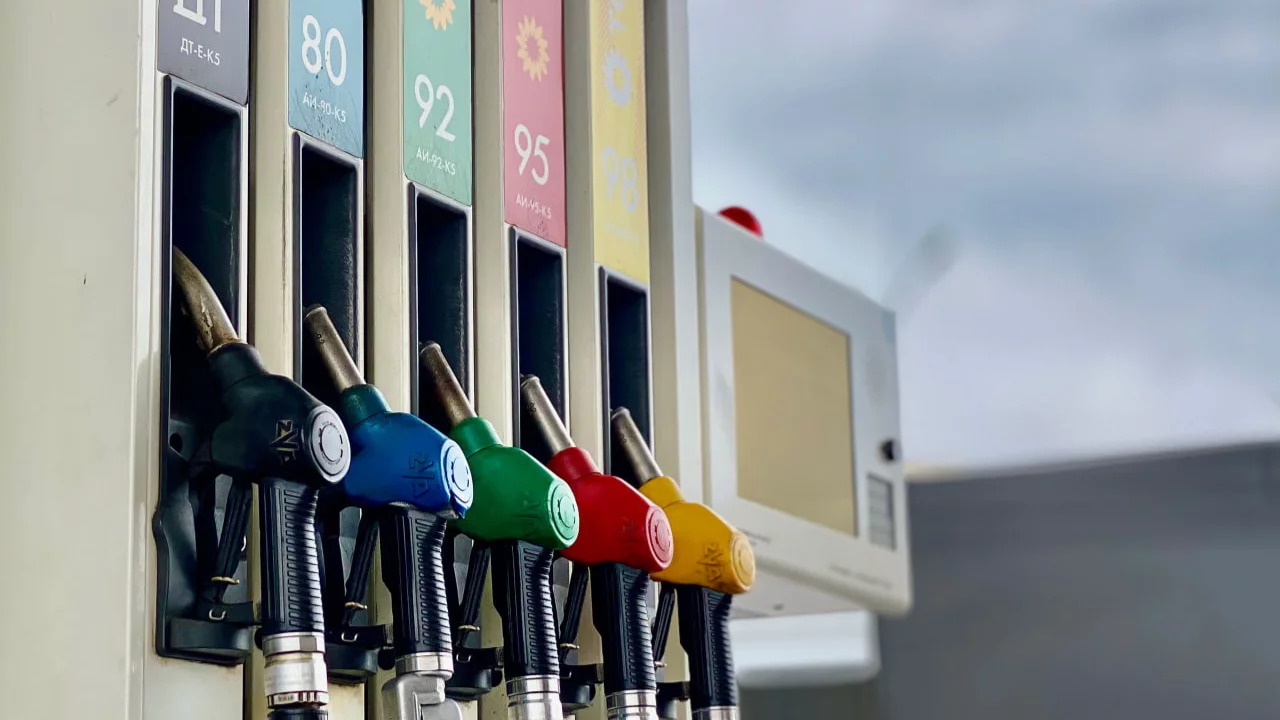AI-80 will be abandoned: What awaits Uzbekistan?

Major changes are starting in Uzbekistan’s fuel market. From September this year, the production of low-octane AI-80 gasoline is planned to be completely stopped. This was reported by Kun.uz based on a document in their possession. According to the document, enterprises under “Uzbekneftegaz” plan to fully deplete AI-80 stocks by the end of the year and switch to selling only high-octane gasoline from 2026, reports kukdala.uz.
This reform begins a new phase in the country’s fuel policy. It is important not only in terms of improving energy quality but also from the perspectives of ecology, market mechanisms, and consumer rights. But the most important questions are: how will this decision work in practice? How will it affect prices? And won’t it cause a gasoline shortage in the market?
What is the current state of AI-80 gasoline?
Currently, AI-80 is mainly produced at the oil refineries in Bukhara and Fergana. One is managed by “Uzbekneftegaz”, the other belongs to the private company “Saneg”. Small enterprises in Surkhandarya and Chinaz also produce limited quantities. Practically, all demand is covered by local production. There is almost no import.
“Uzbekneftegaz” is now working with China to increase AI-92 gasoline production at the Bukhara plant. The project involves producing “additive” gasoline, where octane is increased through chemical additives. This technology aims to reduce production costs, but price figures have not yet been disclosed.
Will only high-octane fuel be available from 2026?
According to official plans, the Bukhara refinery will produce nearly 1 million tons of gasoline in 2025, with almost half being AI-92+. AI-80 production will stop in September. Stocks will be sold off by the end of the year, and only AI-92 or higher octane fuel will remain in the market from 2026.
This process cannot happen overnight. Expanding imports, creating competition, and providing tax incentives are key.
What do experts say?
Economist Otabek Bakirov noted that the issue of abandoning AI-80 has been discussed since 2020 and that the best time to implement the reform is now. He believes it’s impractical to start during autumn-winter when demand is high, so the change must happen in the summer.
His analysis shows that Uzbekistan produces about 800,000 tons of AI-80 and 100,000 tons of AI-92, with the rest imported. The goal is to cover the 1.2–1.3 million ton demand with competitive AI-92 and AI-95. All barriers — duties, logistics, quotas, technical limits — must be removed.
He said: “If Kyrgyzstan can offer cheaper AI-92 despite lacking oil reserves, why can’t Uzbekistan do the same?”
Without competition and a market mechanism, prices won’t fall
Economists argue that if prices are set artificially or rely solely on local producers, market shortages are inevitable. To phase out AI-80, AI-92 and higher grades must be supplied sufficiently and competitively — and that is only possible by liberalizing imports.
All administrative barriers to importing fuel from Iran, Iraq, Turkmenistan, Kazakhstan, Russia, and other countries must be removed. Temporary tax exemptions and transport/logistics incentives may help.
What are the environmental risks of AI-80?
AI-80 not only causes economic but also environmental problems. It releases more carbon monoxide, unburned hydrocarbons, and PM2.5 particles. These harm human health and contribute to climate change.
Climatologist Erkin Abdullakhatov emphasized that aside from Uzbekistan, only Afghanistan still uses this fuel and stated that it must be abandoned. In global practice, AI-80 has already been phased out.
High-quality fuel — efficient driving
While many Uzbek cars use methane or propane, gasoline still plays a role. Replacing AI-80 with AI-92 is positive for ecology, engine life, and efficiency.
Conclusion: not backward, but forward
Giving up AI-80 is a reform that cannot be delayed. It requires resolve, strong political will, and systematic planning. To prevent price hikes and shortages, imports must be expanded, logistics revised, and market competition ensured.
If this happens, prices will stabilize, and consumers will access clean, safe, high-quality fuel — marking a new phase in Uzbekistan’s transport reforms. Read “Zamin” on Telegram!
Ctrl
Enter
Found a mistake?
Select the phrase and press Ctrl+Enter 




















